YEAR: 1983
Initial Retail Price: DM 5.000, $8.700 US Dollars in 2021
It was 1980-something, and it was perfect! The Philips produced a series of business/home microcomputers generically known as the P2000 series. The P2000T, P2000M, P2000B (later called P2500), and finally the P2000C, a MS-DOS capable machine. When I say capable is because the machine was native with CP/M but there was also something beautiful called a DOS-card called an 8088 ‘CoPower’ card.
The P2000-C has an option for a DOS-card so you can add an 8086 CPU and run MS-DOS 3.32 on it by first booting CP/M on the Z80 and then start a command to get to MS-DOS. In that view, this is the first Philips computer that could run MS-DOS!
These are made in Austria and had nothing to do with the P2000M and P2000T who were made in the Netherlands. Then again, they had nothing to do with the P2000B or even the P2000-computer (the latter only existed in the US as Micom and they were just word processors).
The only thing in common between the P2000C and P2000M/T is the fact they have a Z80 CPU and the brand name Philips.
Call it a luggable or portable, I don`t care, it still weights 15 kg so carrying around is not that pleasant. Its two 160 KB 5 1/4″ floppy disk drives (later upgraded to 2 x 600 KB) were able to read almost all the widely used CP/M disk formats like those of Osborne and Kaypro.
Specifications :
Processor: 8 bit Z80
System Software: 4KB ROM
Connections : Printer, RGB Monitor, Video, TV Set, Diskette
KEYBOARD: Full stroke 93 keys with function and arrow keys and numeric keypad
CPU: 2 x Z80A
SPEED: 4 MHz
RAM: 64 KB up to 320 KB
VRAM: 32 KB
TEXT MODES: 80 chars. x 25 lines
GRAPHIC MODES: 512 x 256 dots, Green phosphor CRT
SIZE / WEIGHT: 15 Kg.
BUILT IN MEDIA: 2 x 160 KB 5.25” single side floppy drives – Later 2 x 640 KB
OS: CP/M 2.2
Special thanks to Alexandru Floca for the beautiful donation and HomeComputerMuseum for the software and images from https://download.homecomputer.museum/ of get ready made (and tested) disks from https://www.homecomputermuseum.nl/producten/bootdisks/ .
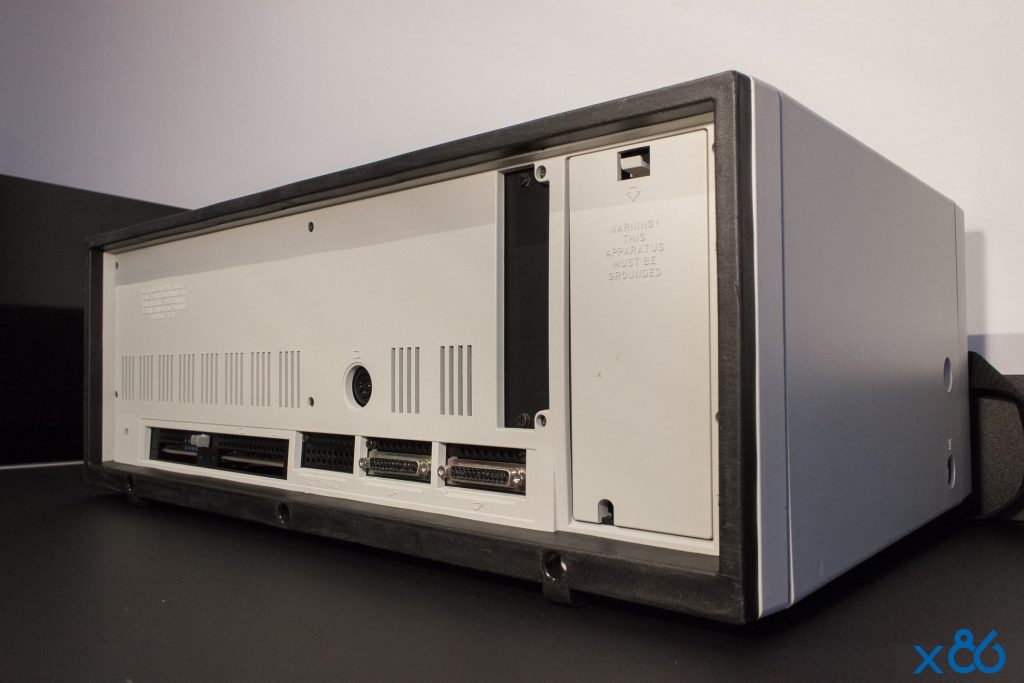
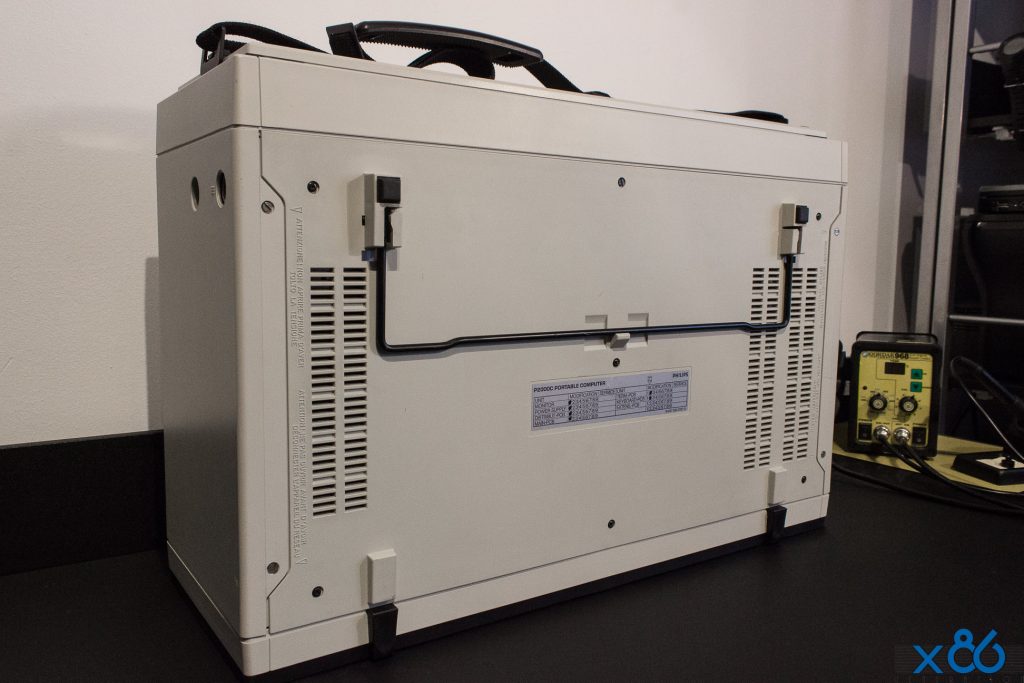
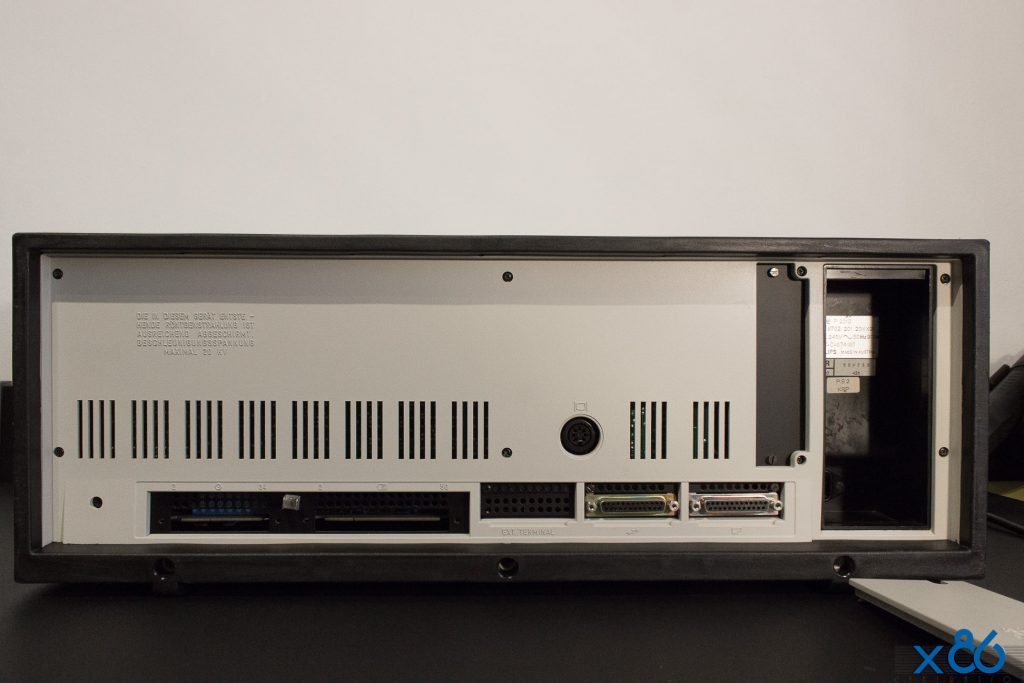
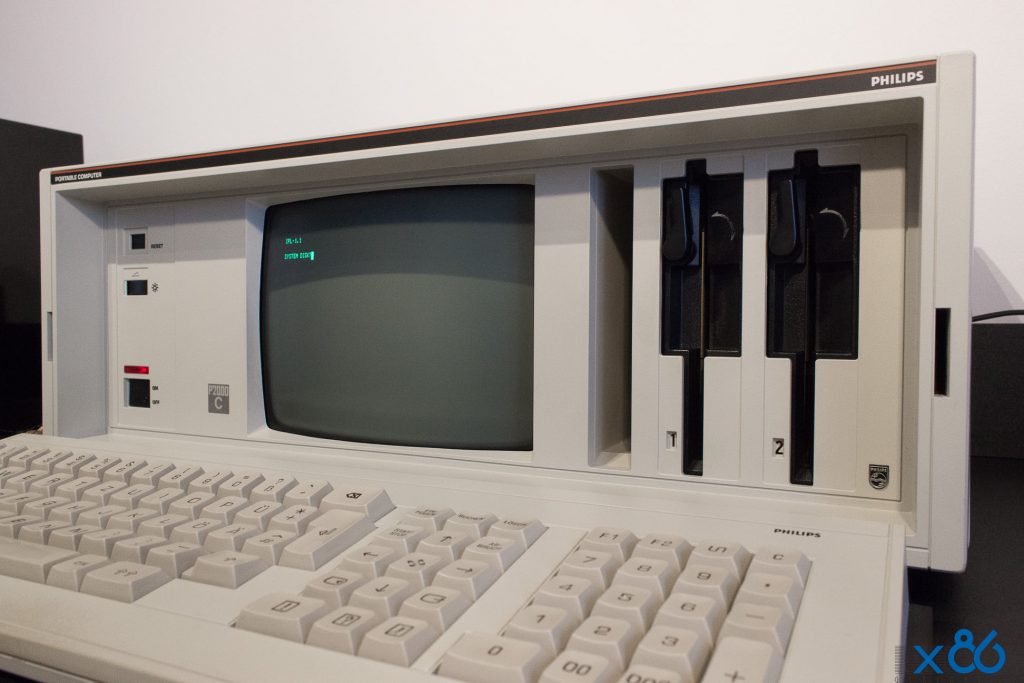
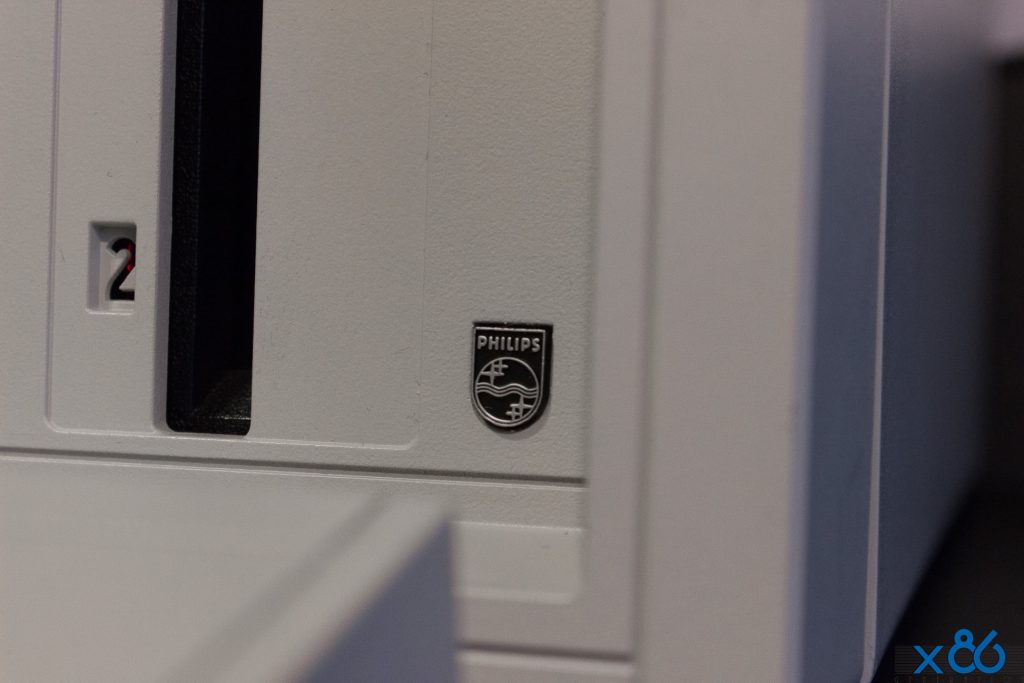
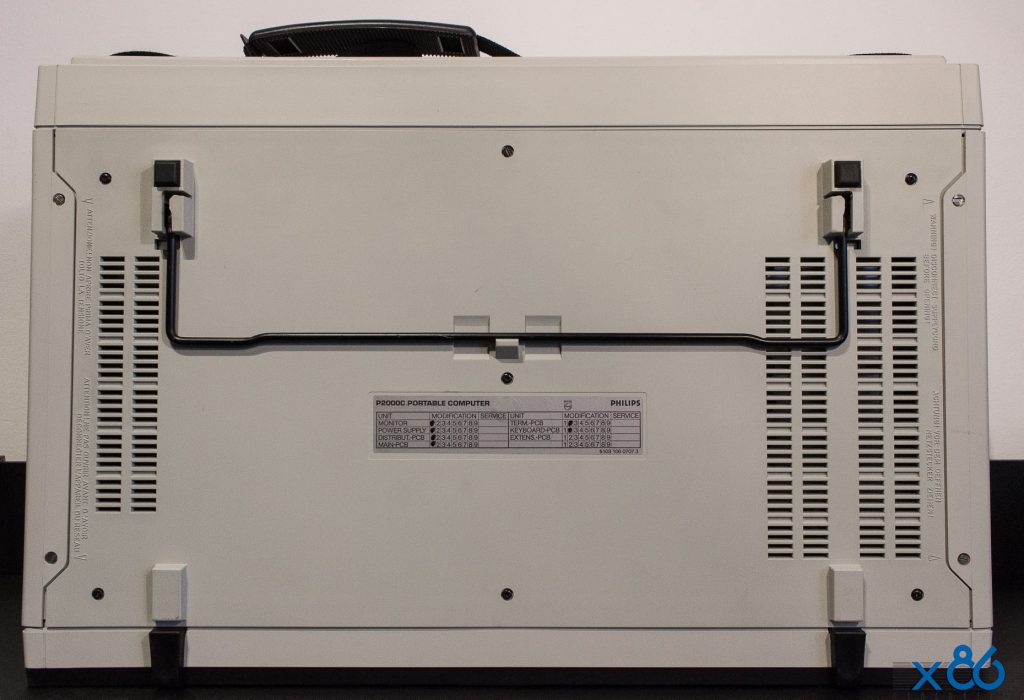
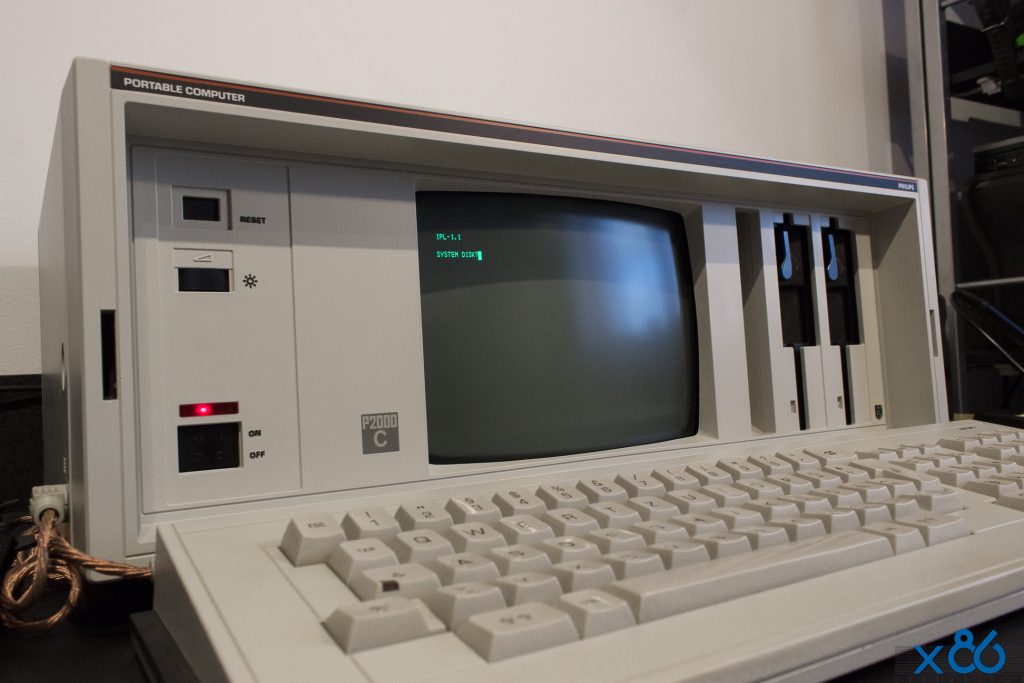
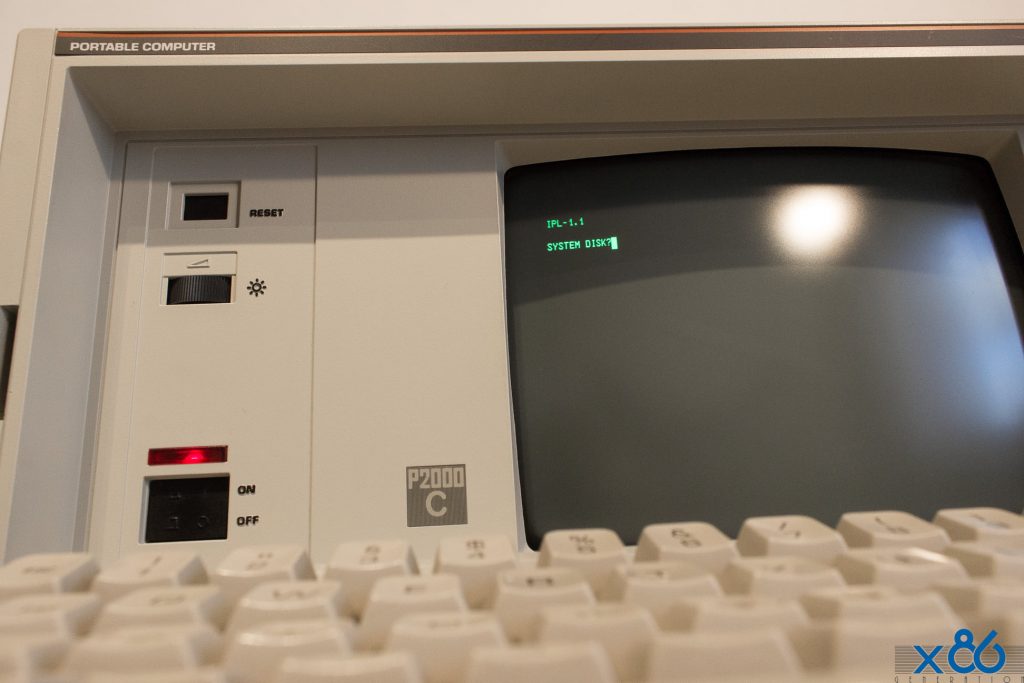
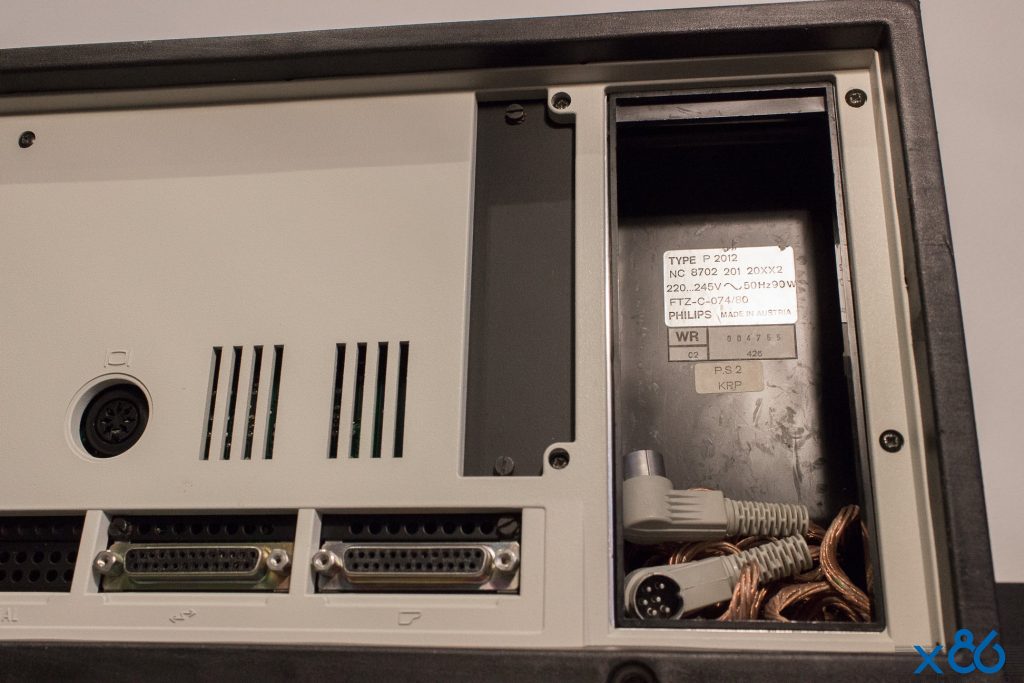

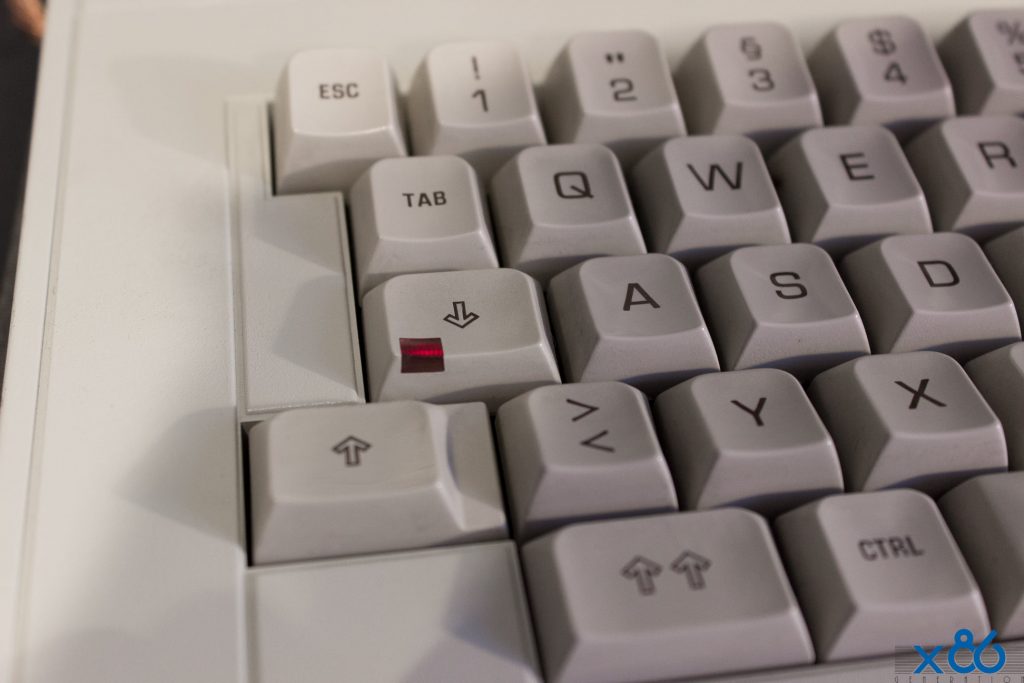
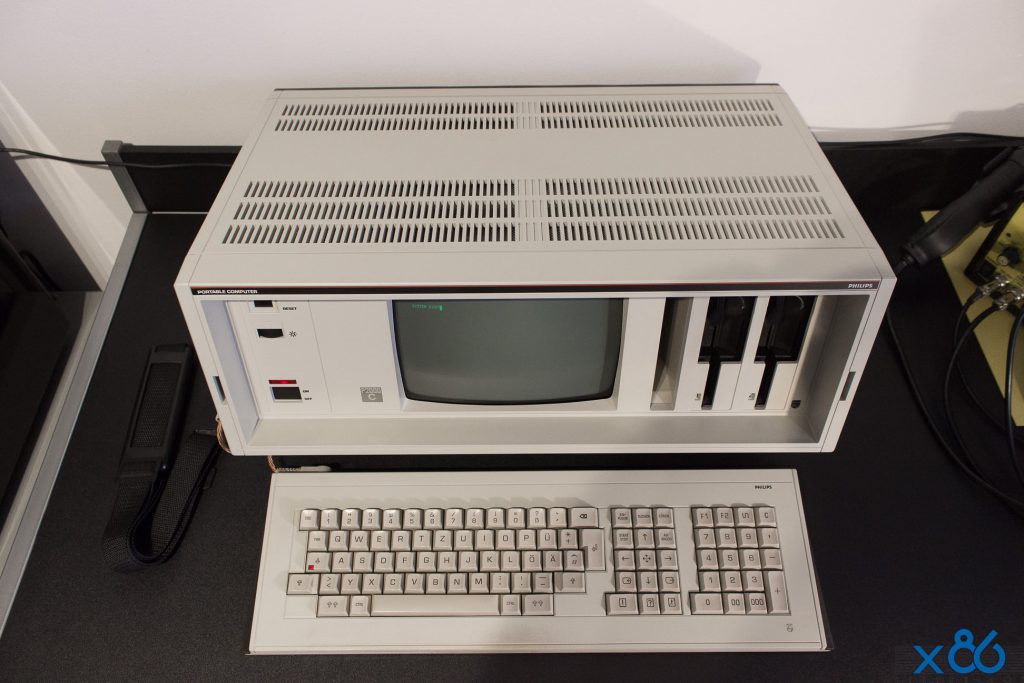
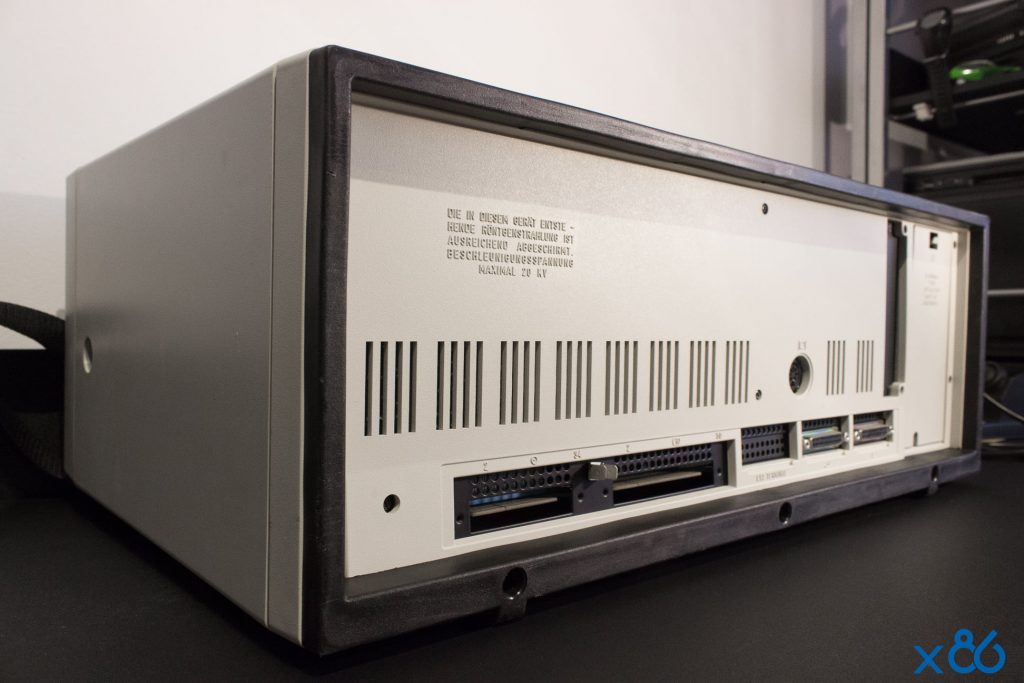
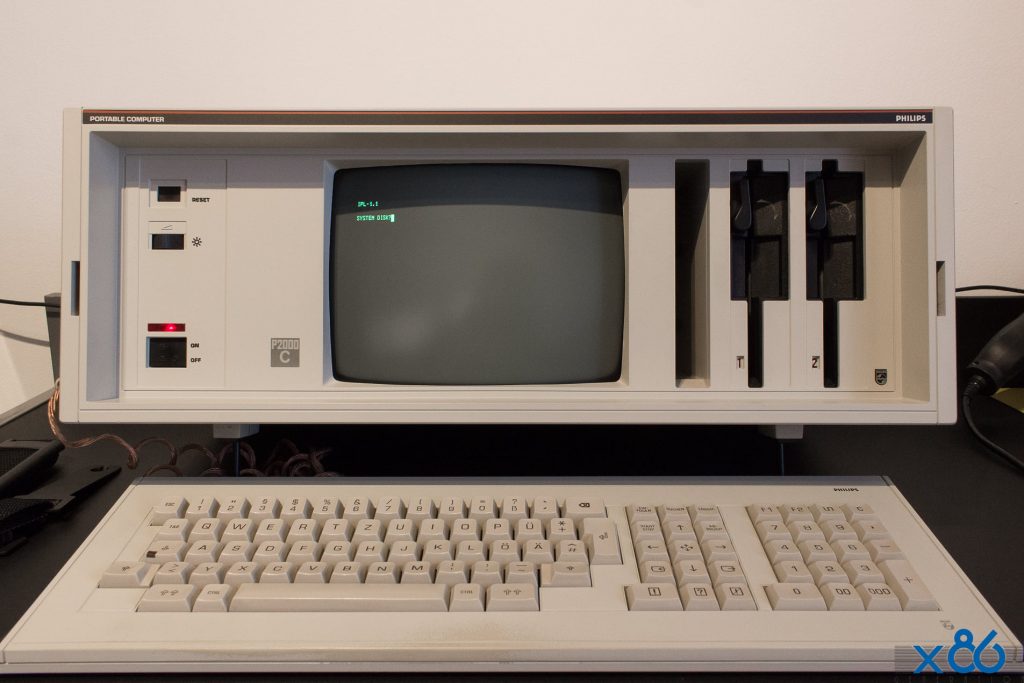
I used a P2000C back in the early 1980s for writing Basic control programs for remote control of IEEE-488 based test equipment. I worked for Philips Test & Measurement in the USA at the time and it was early days of using portable type computers for test equipment automation. The P2000C had a IEEE-488 control card installed for this purpose. I lugged that monster around the US, Canada, So America, Israel and South Africa at the time supporting customers. Eventually moved up to an IBM compatible type computer, early Compaqs and an HP-85 for the same purposes.
Hi Michael,
That sounds like an incredible time in the early days of portable computing and test automation! The Philips P2000C, with its 9-inch green screen and hefty build, was a real beast by today’s standards but revolutionary in portability for the era. Not many people had hands-on experience with using portable machines like that for such technical purposes, especially with IEEE-488 (GPIB) interfaces to control test equipment.
It’s fascinating to think of lugging the P2000C around the world—from the Americas to Israel and South Africa—to help customers with automated testing, a concept that was still so new. Setting up remote control over IEEE-488 with Basic must have been a delicate mix of hardware knowledge and programming skill. I imagine it must have felt like magic back then to see multiple devices interacting and controlled by a single machine.
Those early IBM-compatible machines like the Compaqs and the HP-85 probably felt like a major upgrade. The HP-85, in particular, was such a compact and reliable machine for engineers. Each step forward must have felt like a major leap in capability and ease of use. Thanks for sharing this piece of computing history—it’s inspiring to hear from someone who was in the field during such pioneering times.